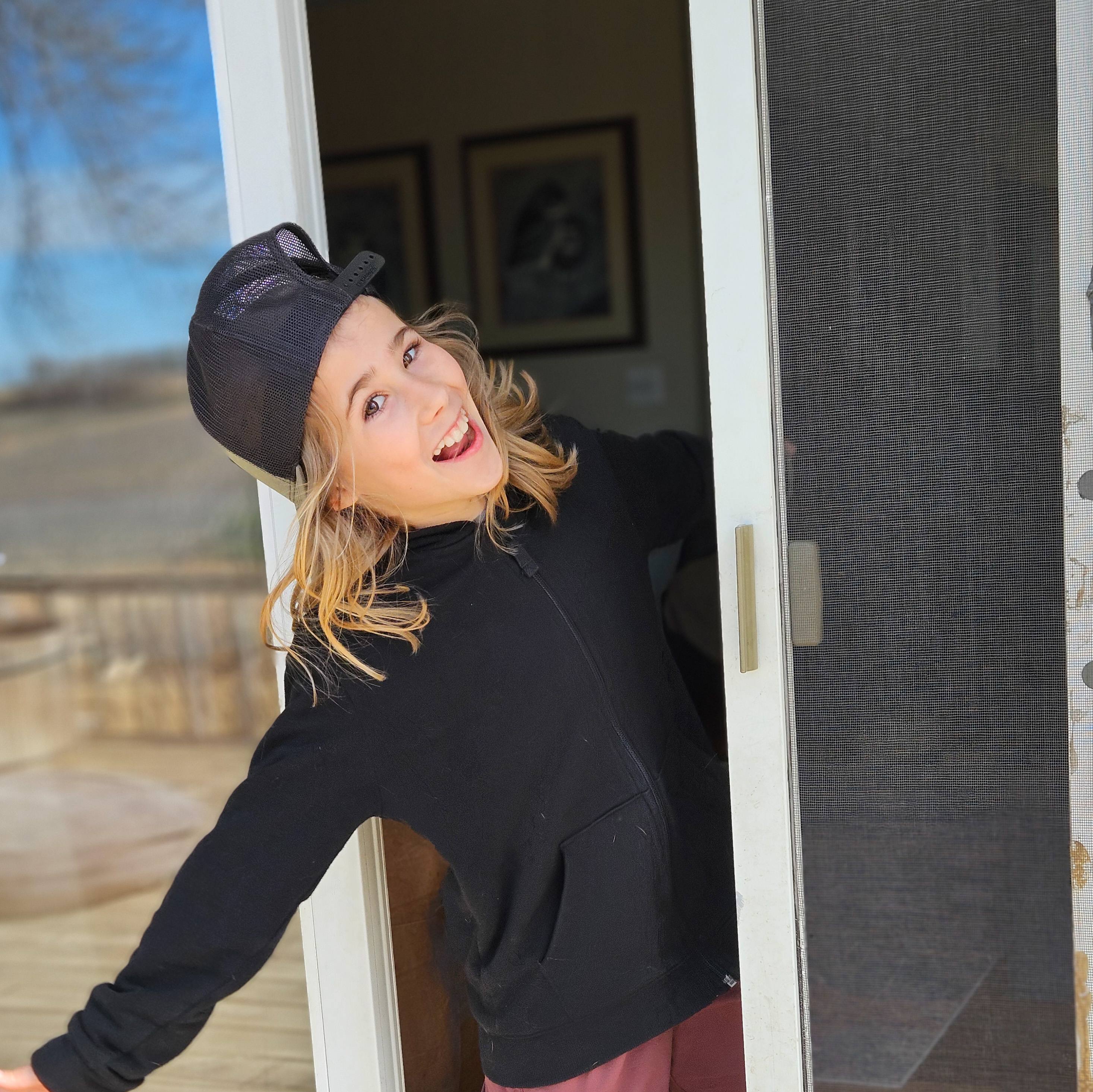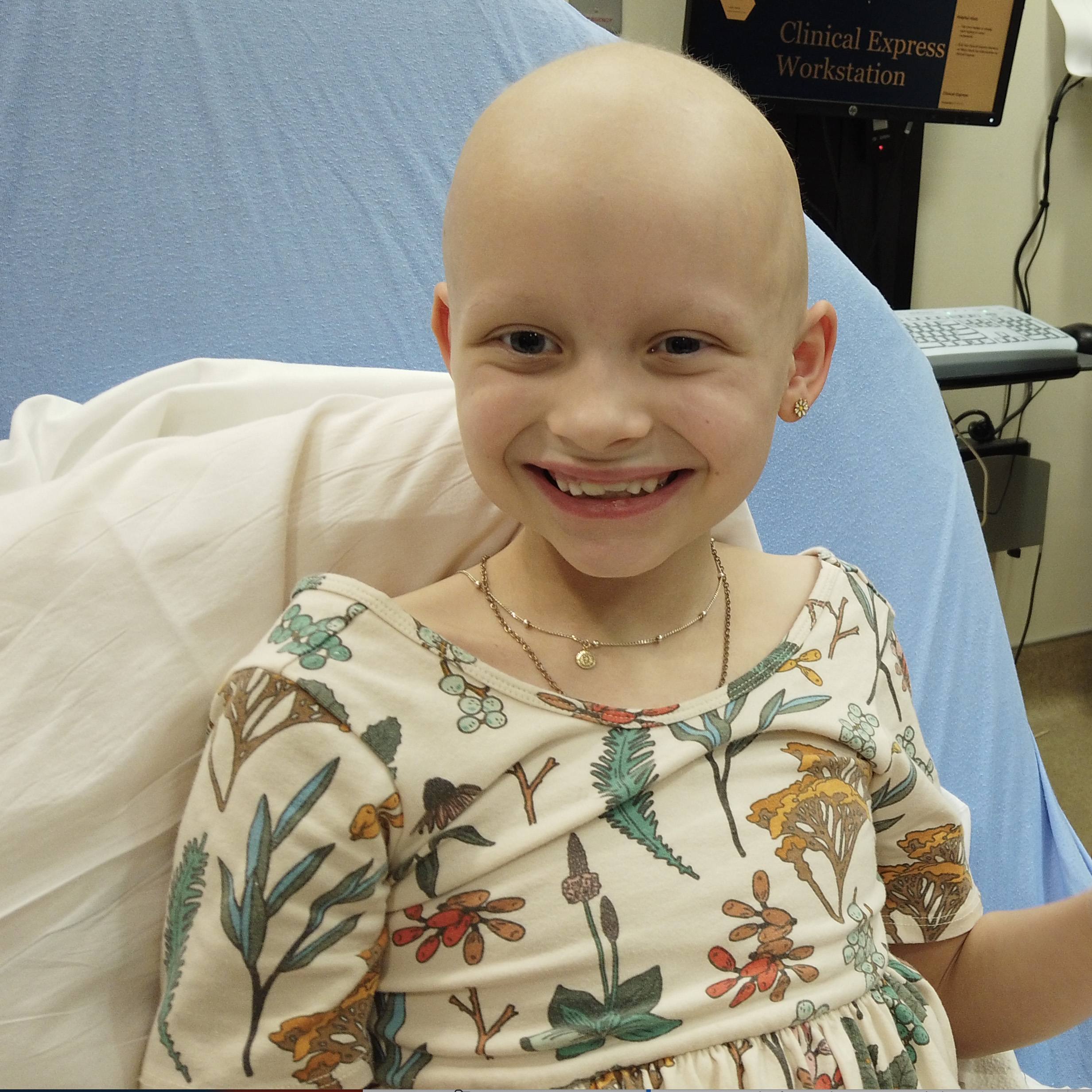I wanted to share this story for other parents of teenagers with POTS. My daughter, Ariel, became sick in the middle of her junior year in high school. She was tired ALL the time — could barely function. She struggled through the school day, had to quit ballet and swim team. She was dizzy, faint, weak and exhausted. I took her to every doctor in our city, traveled to Riley Children's Hospital to a problem solving clinic and Chicago. No one knew what she had, but they all had an opinion. One doctor insisted I put her on antidepressants, that she needed to exercise more (need I mention she could not climb the stairs to her room), and probably had chronic fatigue and should take counseling to learn to live with a chronic disease. I knew this was not correct and continued to search for answers for my daughter. Here was an active, beautiful, honor student, who was being told to live with this handicap. They couldn't tell us what it was or how she got it, but she should deal with it.
I thought maybe she would improve when school was out, but she didn’t. I read a paper by chance from Dr. Philip Fischer of the Mayo Clinic and that changed everything. He wrote a paper on POTS and was studying it at Mayo. I was a biology major in college, so I could understand the paper and immediately called Ariel's pediatrician. I had suspected it was her heart because she said she would get dizzy and faint only when she came down the stairs to the kitchen after she got out of bed. That was huge because we could never find a pattern to the dizzy spells. I showed her the paper and requested a tilt-table test. She rolled her eyes at Ariel and said we would do it to humor me. The test showed a tachycardia, but the doctor could not confirm she had POTS and had never heard of it. So, she started Ariel on medication. We immediately went home and called Mayo Clinic to get an appointment. We got an appointment in two months’ time. Meanwhile I studied Dr. Fischer's paper daily and implemented all the things he suggested. The Beta blockers were helping, but I still had a 17 year old that could not even drive any more.
This was not my first experience with Mayo Clinic. About 15 years ago, my Mother had come down with a series of symptoms that no one could figure out. My Dad took her to Mayo. She was failing fast, but it turned out to be a heart valve problem and non-tropical sprue that hit her at the same time. Mayo figured it out and continued to treat her for the rest of her life. My father is a retired optometrist and continues to sing Mayo's praises. They used a problem-solving team to figure out what was wrong.
In October, we drove the 13 hours to Mayo Clinic. I knew we were on the right track. I was a little concerned because our appointment and location had changed several times. I called and they explained that they look at the records and then move the patient where they need to be. Ariel and I made it a fun trip — the trees were turning, and we enjoyed time together driving. I promised her a nice hotel and some good restaurants on our trip that I remembered from all the trips with my Mom.
When we met the doctor, the first thing he said was, “I know exactly what you have. Your pupils are dilated and your feet are blue. I bet they have been telling you that it was all in your head!” My daughter burst into tears. After many tests and meetings, that were all handled so well and efficiently it is a miracle, we met with the doctor again. I showed him the paper I'd read, and it turned out he had written the paper! We were so lucky to have him and his wonderful staff because they had been studying POTS and knew exactly how to help.
We left there euphoric! We had a diagnosis and a treatment for recovery. We continued to call on them for support through the next months. They were always prompt to respond and so kind.
Ariel finished her senior year, and graduated on time on the honor roll. She was able to go away to college (which I had doubts was possible).
She is 95% recovered now and in her junior year in college. She rarely takes naps anymore and for the first time is able to have a part time job this fall.
Thanks to you and your wonderful staff.
Warmest regards, Tam S.



















